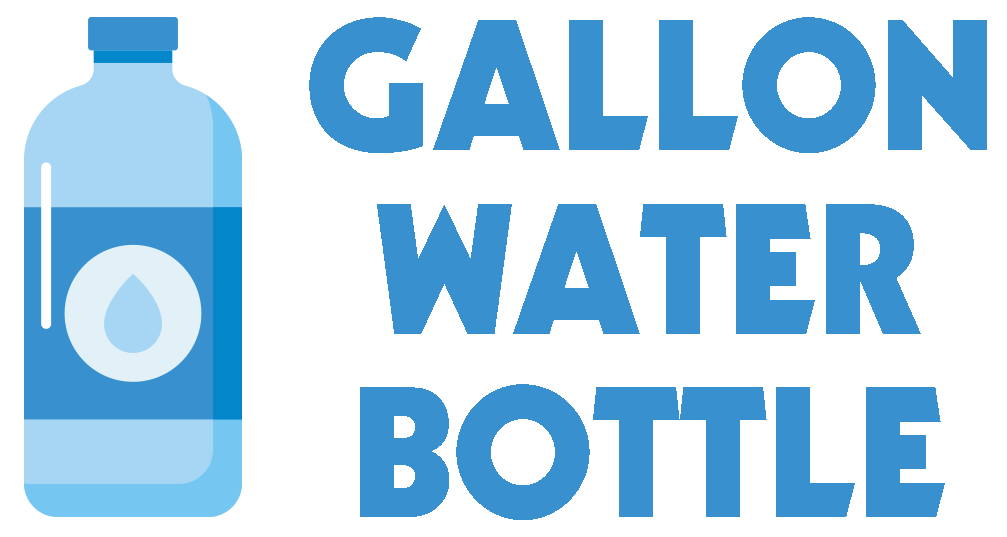The body’s cells need water to function, but drinking too much can cause harmful effects. Drinking more than your body requires is called overhydration.
There are no clear guidelines to tell you how much water you should drink a day. The usual recommendation of eight glasses is a good starting point. You should adjust these numbers based on your health, the city and region you live in, your overall activity levels, and whether or not you’re pregnant or breastfeeding.
What Happens When You Drink Too Much Water?
When you drink too much water, you may experience a number of health issues that could worsen over time or even be life threatening. Swelling of cells in the brain cause brain pressure, which can cause pain and other conditions including hypertension and bradycardia.
When sodium levels drop, it puts the body at risk. This condition is called hyponatremia. Sodium is a crucial element that helps keep the balance of fluids in and out of cells. When its levels drop due to a high amount of water in the body, fluids get inside the cells. Then the cells swell, putting you at risk of having seizures, going into a coma, or even dying.
What Are the Signs That You’re Drinking Too Much Water?
One of the best ways to determine if you are drinking enough is to monitor the color of your urine. It will usually range from pale yellow to tea-colored due to a mix of the pigment urochrome and the water level in your body. If it is often clear, that is a sure sign you are drinking too much water in a short span.
If you’re losing too many bathroom trips, or if you constantly seem to need a toilet break, then there’s probably something wrong with your health. The average person will urinate six to eight times a day – but 10 times is pretty normal for people who drink lots of water or who regularly drink caffeinated drinks like coffee or alcohol.
To avoid drinking too much water, you should be mindful of your body’s thirst signals. The body will let you know when it needs your fluids and dehydration can be avoided by listening to your thirst cues.
Your head hurts, which means you probably drank too much water. Drinking too much water can lead to brain impairment, trouble breathing, and more.
When you have a lot of water, your face, hands and feet will often swell up. The swelling can be accompanied by a discoloration of the skin.
Muscle cramps can occur when the body has low electrolyte levels. Low electrolyte levels can cause muscle spasms and cramping.
Drinking too much water makes your body work harder and tired, which triggers a hormone reaction. If you can’t get out of bed, it’s because you’re having trouble keeping up with your body’s demands.
How Much Water Should You Drink in a Day?
There are no set guidelines for how much water your body needs. It depends on your body, along with several other factors.
- Physical activity levels
- Climate
- Body weight
- Sex
It is best to drink about 2.7 liters of water daily for women, but men should drink about 3.7 liters on the same days. Thirst levels may not accurately reflect your body’s requirements especially in athletes, older people, and pregnant women.
Conclusion
The body is mostly composed of water, which flourishes cells and is vital for life. You will know your body needs more water when it starts to look or feel swollen. When you drink too much, this can lead to fatal health issues. If you’re not sure how often you should consume your daily water intake, the popular advice of 8 glasses a day (which equals about 2 liters, or half a gallon a day) may work best for you. To be convenient, you should use a gallon water bottle on gallon-water-bottle.com to provide you the amount of water you need.
